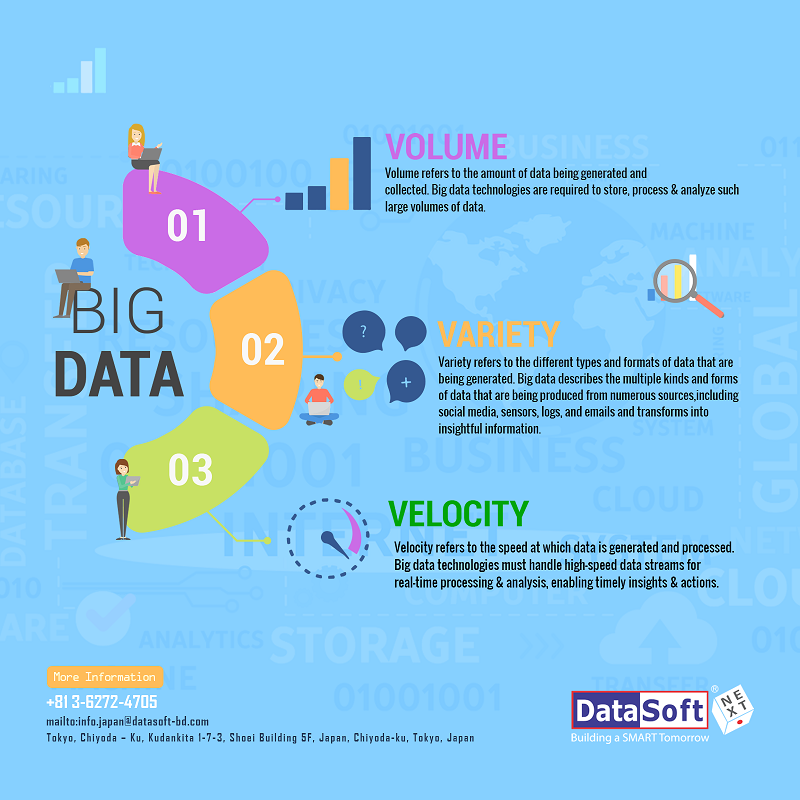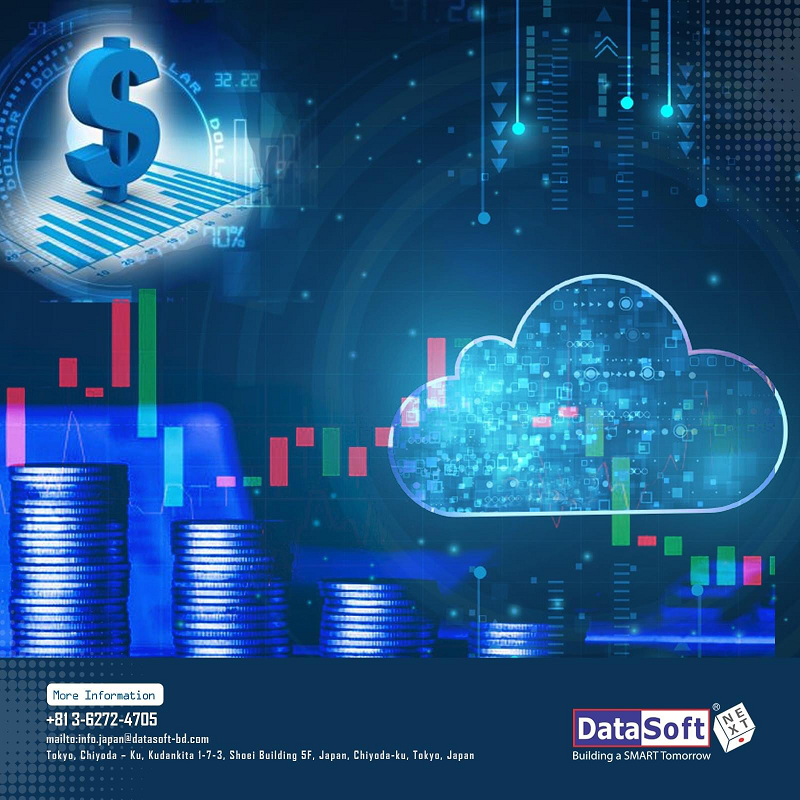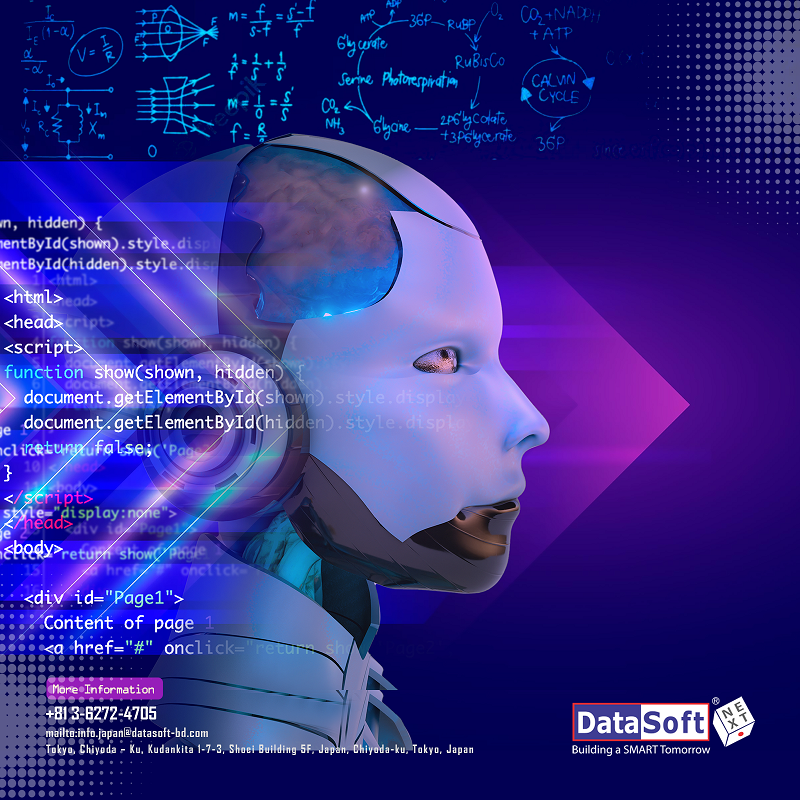The emergence of big data has completely changed the face of technology in an age where data has replaced money as the new form of exchange. Massive amounts of structured and unstructured information that saturate businesses on a daily basis are referred to as "big data." Big data has changed the game by leveraging cutting-edge technologies and advanced analytics to enable organizations, governments, and individuals to make better decisions, spur innovation, and realize previously unrealized possibilities.
Improvement in Decision Making: Big data's capacity to offer useful insights for decision-making is one of its most important contributions. Organizations can use the enormous amount of data at their disposal to examine patterns, trends, and correlations in order to comprehend their clients, market dynamics, and operational procedures better. With the use of these insights, firms are able to optimize operations, find growth possibilities, and reduce risks.
Big data analytics also assists businesses in personalizing their offers by adjusting their goods and services to suit the preferences of certain clients. Businesses can offer personalized advice, targeted advertising, and tailored experiences, ultimately increasing customer happiness and loyalty, by researching customer behavior and preferences.
Development and Research: The wealth of data has encouraged an innovative culture and boosted research and development across many industries. Big data has made it possible for researchers to analyze enormous volumes of patient data in the field of healthcare, resulting in advances in illness prevention, early disease detection, and tailored medication. Big data can be used by the pharmaceutical industry to speed up drug development, improve clinical trials, and create more potent therapies.
In a similar way, big data has revolutionized sectors including agriculture, energy, and transportation. Organizations may improve harvest rates, predict maintenance needs, and optimize logistics by gathering and analyzing data from sensors, GPS devices, and weather stations. Big data insights are boosting productivity, cutting costs, and enabling environmentally friendly behaviors.
Artificial Intelligence (AI) and Machine Learning (ML): Systems for Machine Learning and Artificial Intelligence (AI) are built on big data. Massive datasets are used by machine learning algorithms to find patterns, learn from past mistakes, and make predictions or judgments without explicit programming. Organizations can develop AI models that constantly improve over time, boosting their accuracy and efficiency, by providing these algorithms with enormous amounts of data.
AI systems can analyze natural language, identify photos, find abnormalities, and automate difficult jobs by using big data. Several industries, including finance, manufacturing, and customer service, have been altered by these capabilities. Just a few examples of how big data and AI have impacted user experiences and client interactions include chatbots, virtual assistants, and recommendation engines.
Challenges and Considerations: Big data has a lot of potential, but it also has problems that need to be fixed. Due to the enormous amounts of personal data being gathered and processed, privacy and security concerns are of the utmost importance. Organizations must emphasize appropriate data handling procedures, put strong security measures in place, and ensure compliance with data protection laws.
Furthermore, enhanced storage, processing, and analysis skills are needed due to the sheer amount, velocity, and variety of big data. Distributed systems and cloud computing have become crucial elements in properly managing and using big data. To fully utilize these technologies, however, firms must make investments in infrastructure, personnel, and training.
Big data has become a powerful force for change in the technology industry. Its capacity to deliver useful insights, foster innovation, and power AI systems has revolutionized sectors of the economy and altered how businesses function. The responsible and ethical management of big data will continue to be an important factor as we produce massive amounts of data. Businesses will have unparalleled potential if they embrace the power of big data while resolving issues and protecting privacy.






